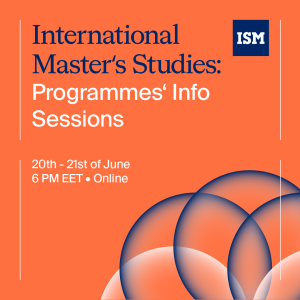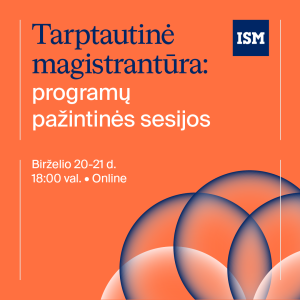


Nudging health: Scarcity cues boost healthy consumption among fast rather than slow strategists
Researchers examined the effectiveness of specific nudges in the choice environment to foster healthy choice and consumption among consumers with fast vs. slow life history strategies (LHS)––short-term, impulsive, rewardsensitive (fast) vs. long-term, reflective, controlled (slow) foci––associated with low and high socio-economic status (SES), respectively.
The results of two experiments, conducted in a field and an online setting, show that consumers with a fast, rather than slow, life-history strategy are more susceptible to scarcity cues, boosting choice and actual consumption of healthy foods when these cues are associated with the healthy option.
Conversely, for slow LHS consumers, the evidence suggests that scarcity cues are less influential, and instead abundance cues tend to foster healthy choice. Finally, in line with the LHS logic, acute food craving mediates the impact of scarcity vs. abundance cues for fast, but not slow, strategists, while perceptions of socially validated trust in the food source fulfill this role for slow, but not fast, strategists.
Nudging health: Scarcity cues boost healthy consumption among fast rather than slow strategists
Researchers examined the effectiveness of specific nudges in the choice environment to foster healthy choice and consumption among consumers with fast vs. slow life history strategies (LHS)––short-term, impulsive, rewardsensitive (fast) vs. long-term, reflective, controlled (slow) foci––associated with low and high socio-economic status (SES), respectively.
The results of two experiments, conducted in a field and an online setting, show that consumers with a fast, rather than slow, life-history strategy are more susceptible to scarcity cues, boosting choice and actual consumption of healthy foods when these cues are associated with the healthy option.
Conversely, for slow LHS consumers, the evidence suggests that scarcity cues are less influential, and instead abundance cues tend to foster healthy choice. Finally, in line with the LHS logic, acute food craving mediates the impact of scarcity vs. abundance cues for fast, but not slow, strategists, while perceptions of socially validated trust in the food source fulfill this role for slow, but not fast, strategists.